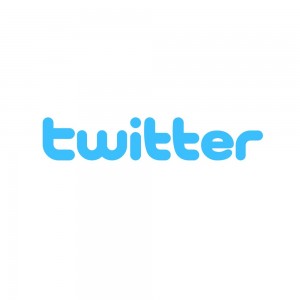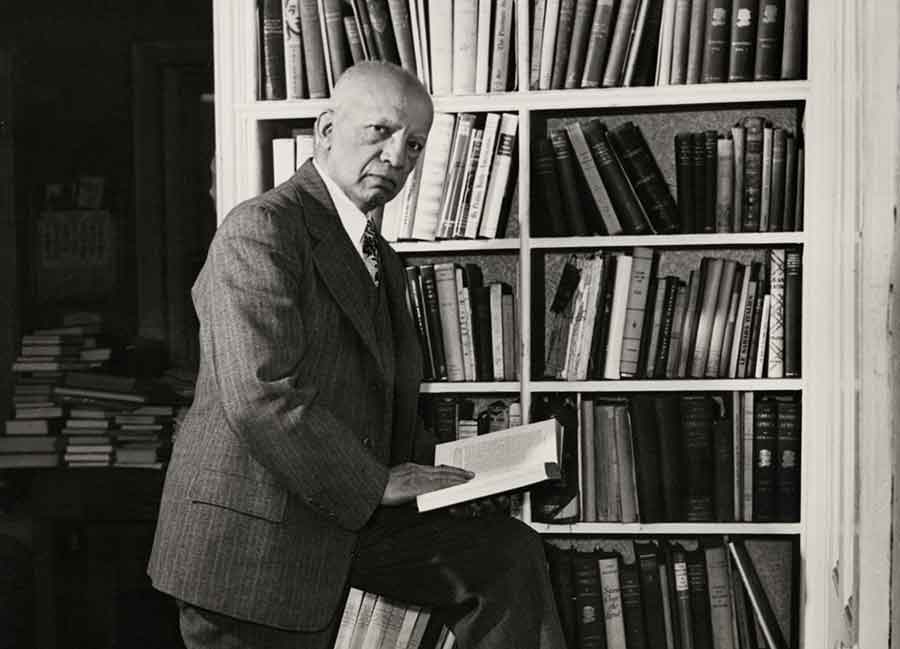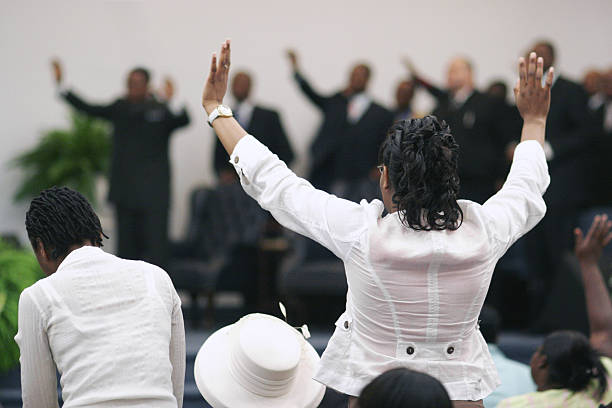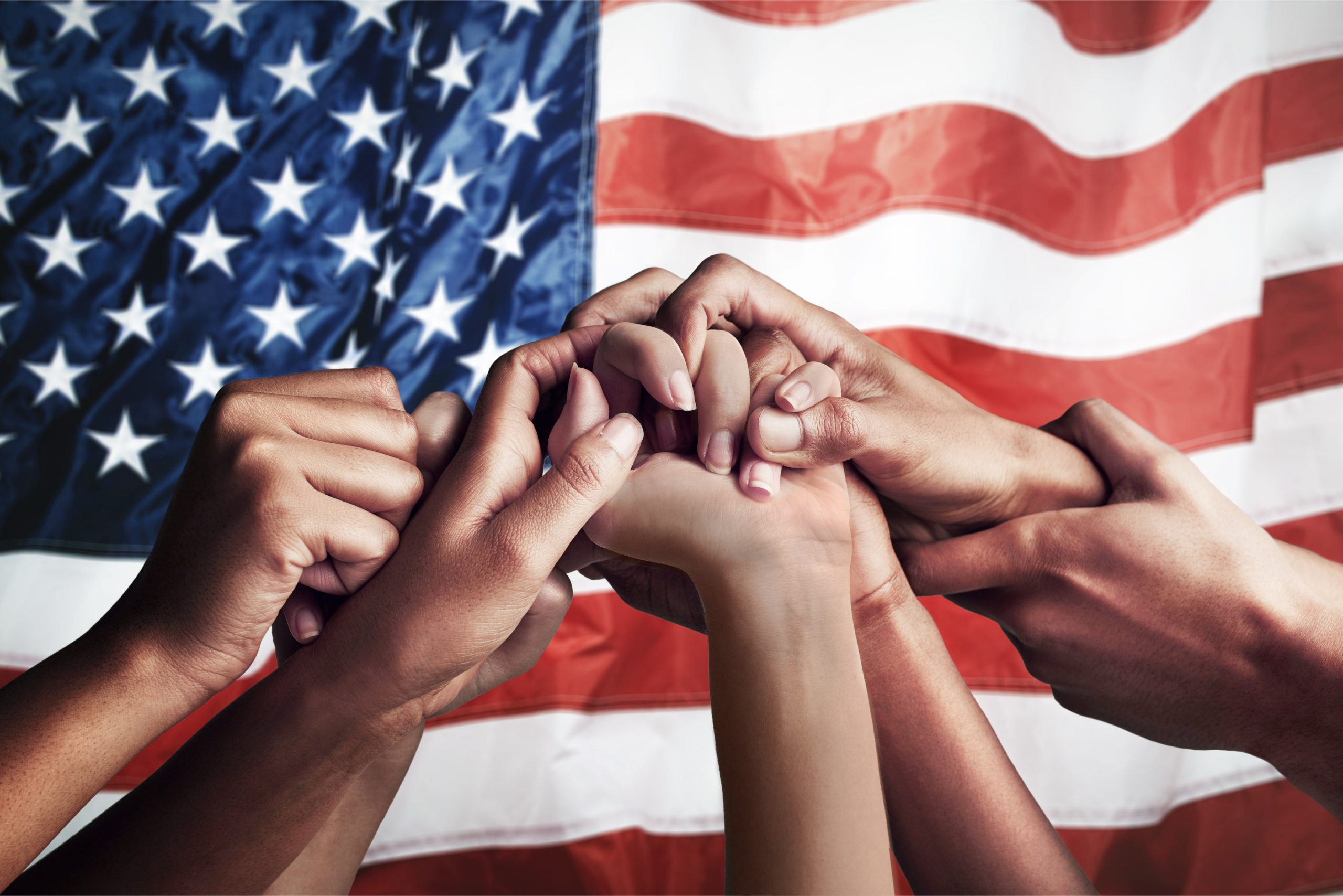(ThyBlackMan.com) It has been said that at the end of the Civil War, Black Americans were a race of people all learning to read. From that very encouraging moment in American history, people of African descent — slaves and descendents of slaves– have been in search of a space to cultivate an intellectual community. Excluded from traditional academia, divergent black thought has always trickled into the mainstream as evidenced by the debates of Washington and Du Bois and the explosive creativity of the Harlem Renaissance. With the advent of social media technology African-Americans have once again taken mainstream culture and flipped it. In 140 characters, liked, tagged, and streamed, black thought leaders are taking to the net for challenge and change in the 21st century.
It is an understatement to say that this nation has not always encouraged black intellect. Slavery, Jim Crow, and modern institutionalized inequality have all placed a wedge between blacks and books — sometimes by law and other times by intimidation. Yet, black Americans have  entered academia in sharply increasing numbers since Alexander Lucius Twilight became the first Black college graduate in 1823. Despite common notions of black antiintellectualism and academic failure, the meme is still alive. According to a 2010 report from the U.S. Department of Education’s National Center for Education Statistics, the number of associate’s degrees conferred to blacks rose from 55,314 to 95,702 between 1998 and 2008. In the same period, bachelor’s degrees rose from 98,251 to 152,457, master’s degrees from 30,155 to 65,062, first-professional degrees from 78,598 to 91,309, and doctorates from 46,010 to 63,712.
entered academia in sharply increasing numbers since Alexander Lucius Twilight became the first Black college graduate in 1823. Despite common notions of black antiintellectualism and academic failure, the meme is still alive. According to a 2010 report from the U.S. Department of Education’s National Center for Education Statistics, the number of associate’s degrees conferred to blacks rose from 55,314 to 95,702 between 1998 and 2008. In the same period, bachelor’s degrees rose from 98,251 to 152,457, master’s degrees from 30,155 to 65,062, first-professional degrees from 78,598 to 91,309, and doctorates from 46,010 to 63,712.
As blacks gather knowledge they are increasingly looking for ways to share it with a larger audience. There are countless Black educators, artists, activists and professionals on Twitter and Facebook engaging in important political and social conversations. They join an already vibrant community of African-Americans online. An article published in Slate last August, “How Black People Use Twitter”, indicates just how vibrant. Among black users (an estimated 25% of all people who have registered on the site) there’s a tendency for “reciprocal” online connections, with users following each other and engaging in conversations in lieu of broadcasting a message. What they tweet enters the ether and becomes accessible and relevant to people who may not otherwise encounter their voice. In a sense, intellectual discourse is opening up and becoming more concise and immediate.
Take for example, the Twitter account of Princeton Center for African American Studies Professor Imani Perry. From @imaniperry, the professor has messaged everything from her weekend breakfast to a celebration of Esperanza Spalding’s Grammy win. She recently shared,
“The cross burning case was Virginia v. Black (2003) Article [Clarence] Thomas cited: “Crimes w/o Punishment” is on my website http://www.imaniperry.com,” in reference to work of hers cited in a Supreme Court opinion. Although I have never met Dr. Perry, she and I follow 15 of the same Twitter profiles, people from feminist heroine bell hooks to singer Janelle Monáe. What those individuals tweet goes directly to Perry; what she tweets goes out to 2,818 followers.
Beyond providing a space for black thought, social media serves as an important vehicle for black action. Environmental justice leader and pioneer of green collar job training Majora Carter, maintains a Facebook page where she promotes advocacy on everything from clean water to tougher hate crime legislation.
Institutions are just as eager as individuals to get in on the online conversation. Gerren Gaynor, senior at Morehouse College and managing editor of the student newspaper said, “Twitter and Facebook have become the primary forms of communication for The Maroon Tiger. I think it is more effective for our audience because students are always on the go. It’s the best and most effective way to get information to the masses.” Accordingly, Morehouse’s 86-year-old paper was recently given a wider audience when its site was added to a Huffington Post page for college news and opinions.
The need to connect with like minds and new ideas has always been with us. Online platforms make it easier to achieve this as they make room for scholarship and advocacy too often marginalized and ignored. It’s good news for those who have a stake in analyzing and communicating topics relevant to African-Americans: the community is watching and ready to retweet.
Written By Donovan X. Ramsey
Official website; http://www.donovanxramsey.com/

















Leave a Reply